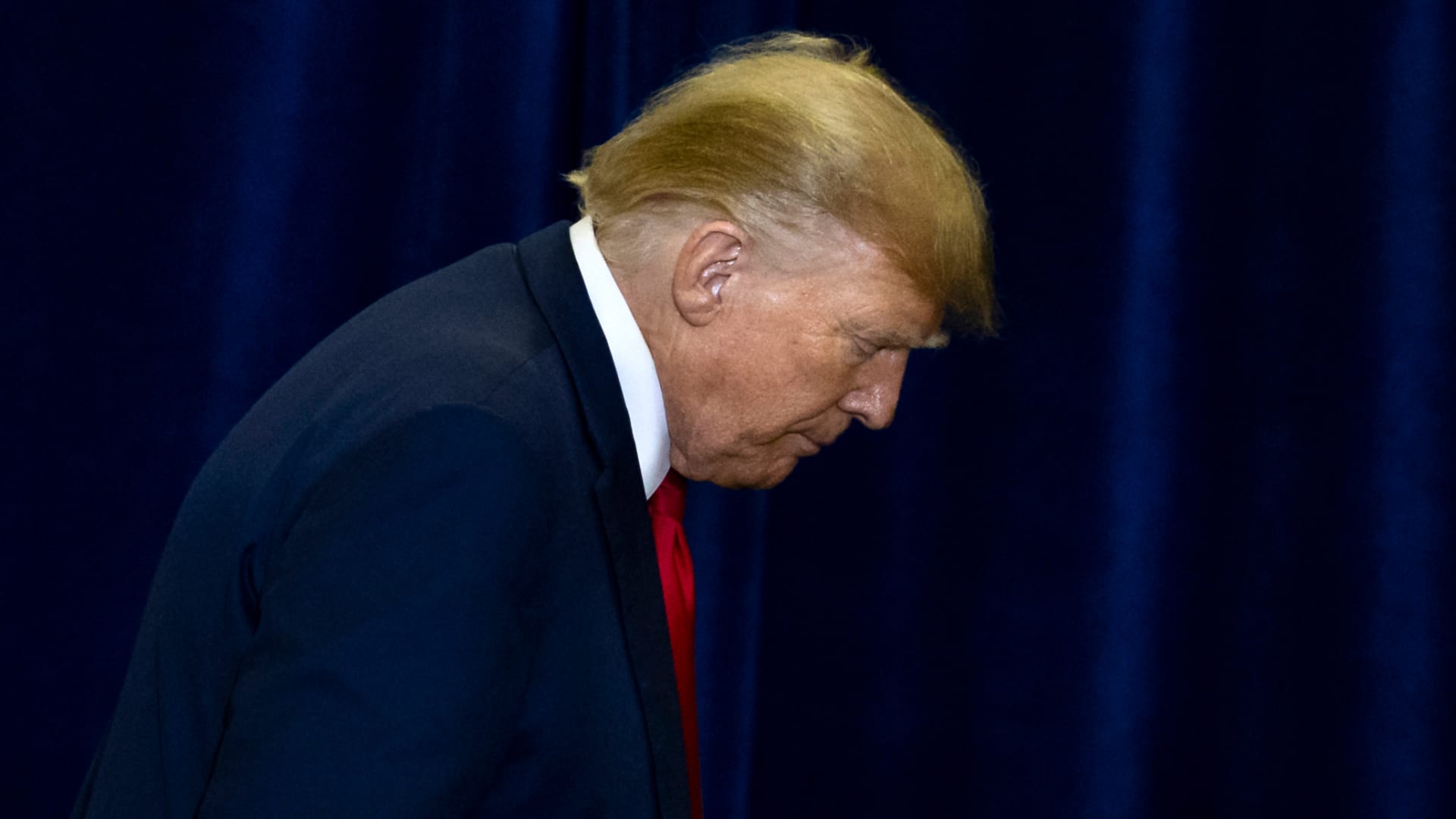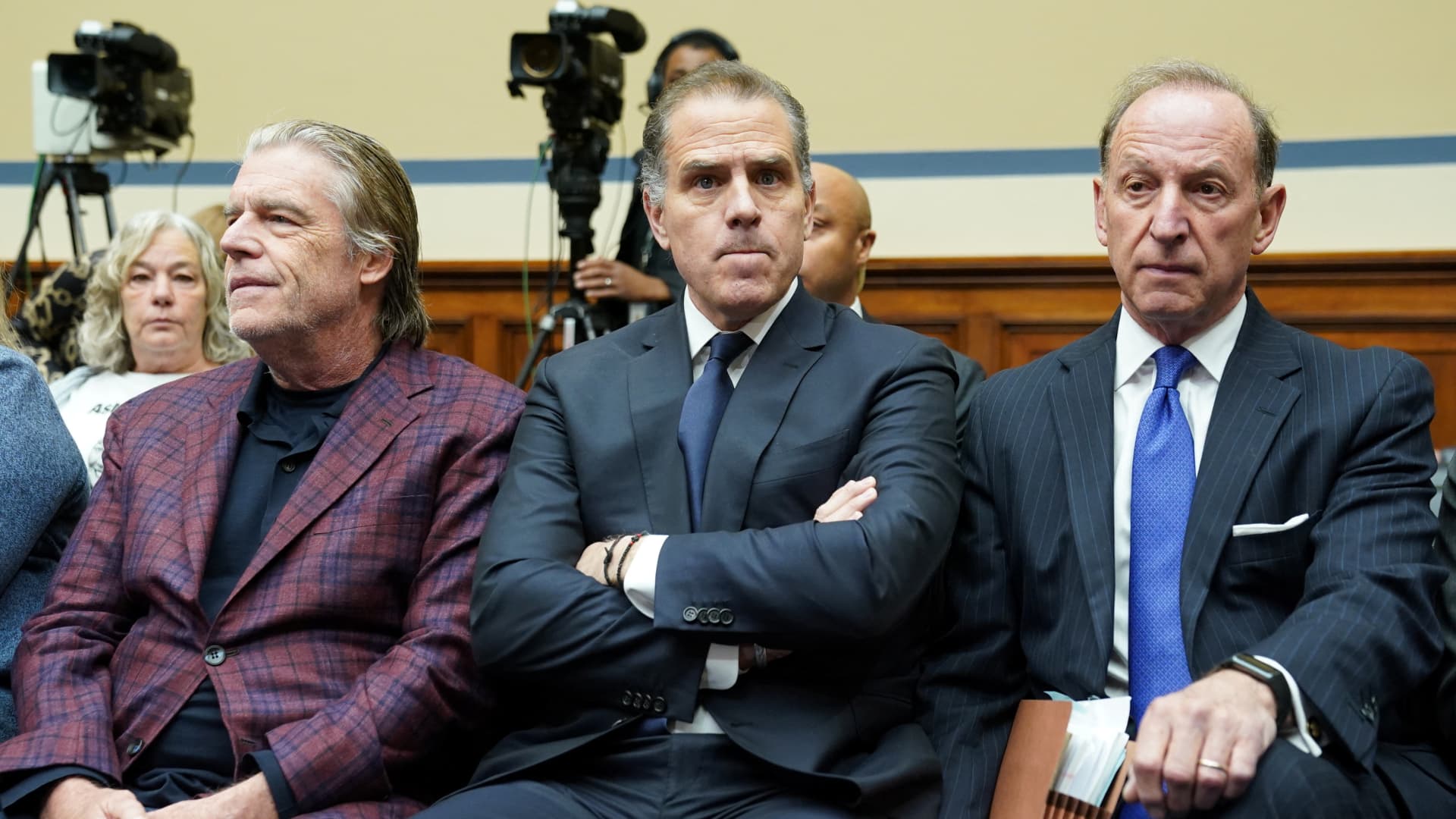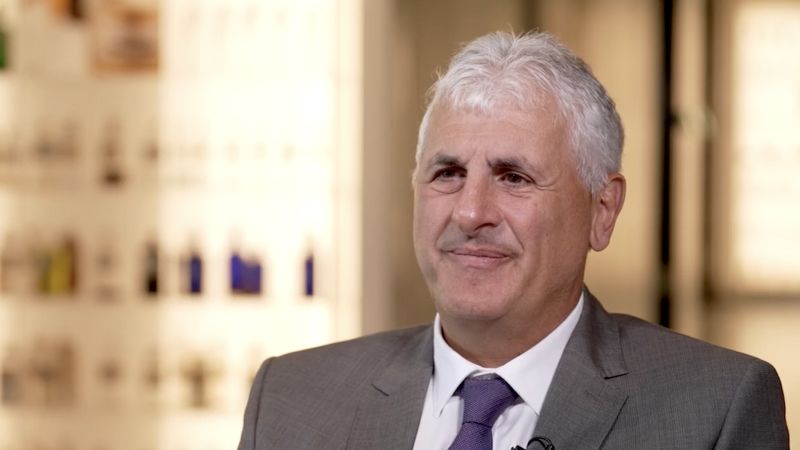Trump refuses conditions for fraud trial closing argument, won’t be allowed to speak
Former U.S. president and Republican presidential hopeful Donald Trump departs after speaking during a Commit to Caucus rally at the North Iowa Events Center in Mason City, Iowa, on Jan. 5, 2024.
Christian Monterrosa | AFP | Getty Images
Donald Trump has been barred from personally making a closing argument at his New York civil fraud trial on Thursday because he would not agree to limitations on what he could say, a judge told the former president‘s lawyer in a new letter.
Judge Arthur Engoron told Trump’s lawyer Chris Kise on Wednesday that because he had not heard back from Kise agreeing to terms the judge imposed on Trump, Engoron assumed Trump would not comply. Engoron also rejected a bid by Trump to postpone closing arguments by nearly three weeks because Trump’s mother-in-law died Tuesday.
Engoron’s order came after a contentious series of emails between him and Kise over Trump’s highly unusual plan to give some of the defense’s closing arguments Thursday in Manhattan Supreme Court.
The judge had set a series of limitations on what Trump would be allowed to say, but Kise in several emails resisted those conditions after being given several extensions of a deadline to make a decision.
Engoron said Trump would be allowed to speak only about “material facts that are in evidence, and application of the relevant law to those facts,” just as lawyers are likewise restrained.
The judge had said he would not allow Trump to make “a campaign” speech, or to attack the judge, his staff or Attorney General Letitia James, whose business fraud lawsuit is the basis of the trial.
“I won’t debate this again,” Engoron wrote to Kise in an email at 11:54 a.m. ET on Wednesday, which appeared in a filing on the case’s docket.
“Take it or leave it. Now or never,” the judge added. “You have until noon, seven minutes from now. I WILL NOT GRANT ANY FURTHER EXTENSIONS.”
At 12:12 p.m., Engoron wrote to Kise again.
“Not having heard from you by the third extended deadline (noon today) I assume that Mr. Trump will not agree to the reasonable, lawful limits as a precondition to giving a closing argument above and beyond those given by his attorneys, and that, therefore, he will not be speaking in court tomorrow,” Engoron wrote.
Another lawyer for Trump, Alina Habba, in an email statement to CNBC about the judge’s order, said, “Is anyone surprised anymore?”
Closing arguments are scheduled to begin at 10 a.m. ET Thursday.
James accuses Trump, his two adult sons and the Trump Organization in the case of misstating the true values of real estate assets to fraudulently inflate his stated net worth, and to obtain more favorable loans and other financial benefits.
James has asked Engoron to impose a fine of $370 million and ban the former president from working in New York’s real estate industry for life. The attorney general also wants Trump banned from serving as an officer or director of a New York corporation.
Kise first disclosed Trump’s intention to give some of the defense’s closing arguments in an email last Thursday to Engoron’s law clerk.
The email said that Kise, Habba and a third lawyer would take about two hours to make their arguments.
“Additionally, president Trump plans to present argument at closing as well,” Kise wrote.
A lawyer for James’ office replied less than four hours later, saying the attorney general opposed the idea of Trump speaking in closing arguments.
The attorney general’s office said Trump did not have a right to do so because he was already represented by attorneys who could speak for him.
The office conceded that Engoron could allow Trump to speak but noted that the judge had already found “Mr. Trump is prone to giving irrelevant speeches, lacks self-control, is evasive in responding to questions … and has repeatedly violated court orders for which he has been sanctioned.”
“Allowing Mr. Trump to present [a] closing argument will invite more speeches that will ‘unduly disrupt’ the proceedings,” the attorney general’s office warned.
Engoron last Friday told both sides he was “inclined to let everyone have his or her say.”
“Moreover, the more reasoned analysis I receive, the better I will be able to decide the case correctly,” the judge wrote. “Furthermore, Mr. Trump is the person with by far the most at stake in this enforcement action.”
Engoron then wrote that he would let Trump argue, but only if his lawyers notified the judge by Tuesday and in person on Thursday that “he agrees to limit his subjects to what is permissible in a counsel’s closing argument.”
“He may not seek to introduce new evidence,” Engoron wrote. “He may not ‘testify.’ He may not comment on irrelevant matters. In particular, and without limitation, he may not deliver a campaign speech, and he may not impugn myself, my staff, plaintiff, plaintiff’s staff, or the New York State Court System, none of which is relevant to this case.”
Kise on Tuesday responded, saying Trump “cannot agree … to the proposed preconditions and prior restraints.” Kise said the conditions were “fraught with ambiguities,” opening the door to Trump being misinterpreted.
Engoron fired back the same day, telling Kise the conditions “are not subject to further debate.”
“Take it or leave it,” said the judge, giving Kise a deadline of 4 p.m. Tuesday.
Kise did not respond by that deadline, but after the judge told him Trump could not speak, he emailed the judge saying Trump was traveling and unavailable to speak with his lawyer. Kise asked for an extension until Wednesday morning.
Hours after the email, Kise wrote again, telling Engoron that the mother of Trump’s wife Melania had died, and requested a postponement to Jan. 29 for closing arguments “so that he may attend and participate in the Court proceedings.”
The judge on Wednesday in an email told Kise he was “sorry” to hear about Trump’s mother-in-law but denied the postponement request.
Kise replied, “Despite the fact that his Mother-in-Law, who he was very close to, passed away last late night, President Trump will be speaking tomorrow.”
Engoron replied within six minutes, reminding Kise of the conditions on Trump for speaking.
Kise wrote back, telling the judge, “This is very unfair, your Honor.” “You are not allowing President Trump, who has been wrongfully demeaned and belittled by an out of control, politically motivated Attorney General, to speak about the things that must be spoken about,” Kise wrote.
Engoron by that point had enough, giving Kise one final deadline to say if Trump would comply with the conditions.
Kise did not respond by the noon Wednesday deadline.
— Additional reporting by CNBC’s Kevin Breuninger.
Don’t miss these stories from CNBC PRO:







